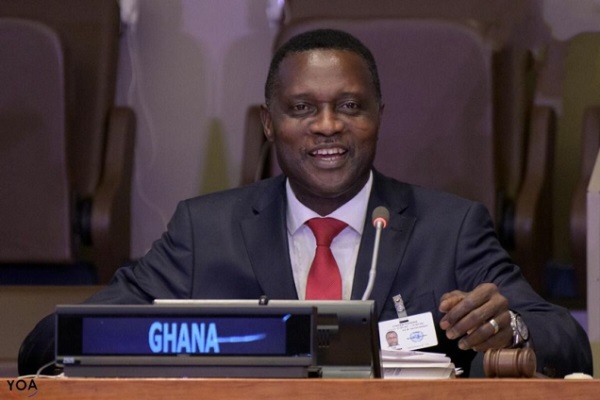
Early years teachers
Several people play a role in a child’s development as they grow.
These include their parents, siblings, early years teachers, peers, etc.
One of the people who play a key role in a child’s development is the early years teachers.
They provide support for their language development and learning.
Teachers do have a key role in supporting the language development of children during their early years.
Currently, in urban Ghana, most children begin daycare as early as a year old, mostly due to childcare issues.
There are several ways that early years teachers can support the language development of children.
These include:
Early years teachers have a responsibility to provide children with correct models for speech and language in a vocabulary-rich environment.
Modelling means giving children good examples of language and opportunities for language development that we want them to imitate or learn from us.
By engaging children with regular interactions, children learn a language.
This involves using language at every opportunity to interact, share a focus, talk and take turns.
When a child’s environment has a lot of interactions, songs, play, stories, reading, non-verbal expressions (such as facial expressions and body language) etc, it helps with their language development.
Regular interactions also build a good relationship between the child and the adult the child interacts with. It also helps children build their confidence and self-esteem.
Commenting on what the child is doing helps in teaching them words around the activities they love.
They get the opportunity to hear correctly modelled language. For instance, during pretend play, the child may learn words such as ‘cook’ ‘oven’, ‘food’ etc.
If they consistently comment on what they and the child are doing, the child benefits from learning a new word, thus increasing their vocabulary.
Provide children with play opportunities to increase their vocabulary.
Reading & telling stories
Regular reading to children increases their attention span and helps with the development of their memory.
Exposing them to vocabulary and sentences through reading or storytelling helps them develop their language over time.
As they hear words through the books read to them, they are exposed to a lot of vocabulary, some of which they may not hear in their everyday interactions. Reading helps with a child’s ability to think.
This involves their ability to problem-solve, make decisions and recall situations.
As they grow, these learning opportunities help them to understand and make sense of the world.
Offer opportunities to make requests
Create opportunities for children to use language.
These include allowing them to request water, food, washroom etc. If a child is not yet talking, it does not mean they are not expressing themselves.
So, observe what the child does when they are hungry, thirsty or sleepy.
If a child holds your hand to where their water bottle is, they are requesting water.
It is a good opportunity to model the word ‘water’ for them before offering them their bottle.
Give simple everyday instructions
Giving children simple, everyday instructions such as ‘Give me the pencil’, ‘Go to the playground’, help further develop their understanding.
If pointing to the keyword helps your child to understand the instruction better, do so.
Allow your child enough time after giving them an instruction.
It is recommended to give up to 10 seconds at least, to process the information/instruction given and to carry it out.
Children can learn more than one language.
Therefore, early years teachers should encourage the use of all languages that the child may be exposed to.
Many children in Ghana are exposed to more than one language.
Learning more than one language helps children’s thinking and learning abilities.
Research shows that the better a child learns their family language, the easier it is to learn other languages later.
Children who are exposed to more than one language can communicate with their wider family and community, which is a great social skill.
Early years teachers are an asset to the development of children’s speech, language and communication skills!
Speech and Language Therapist/Clinical Tutor
University of Ghana
